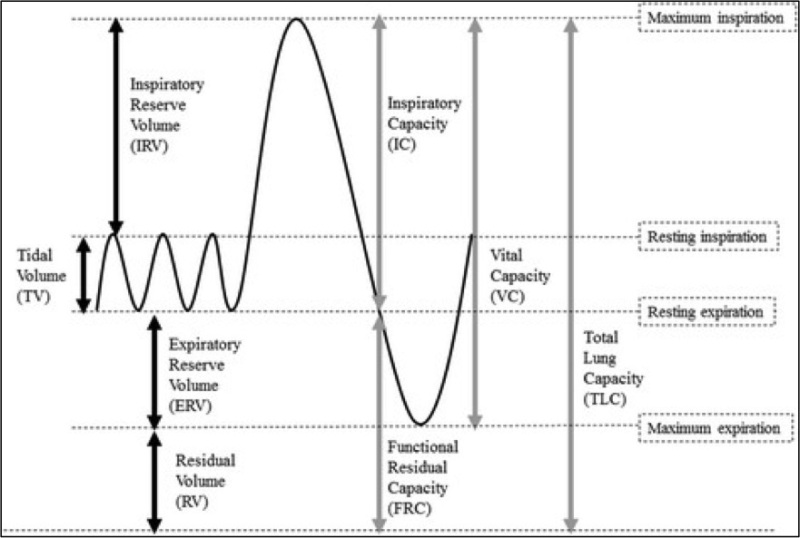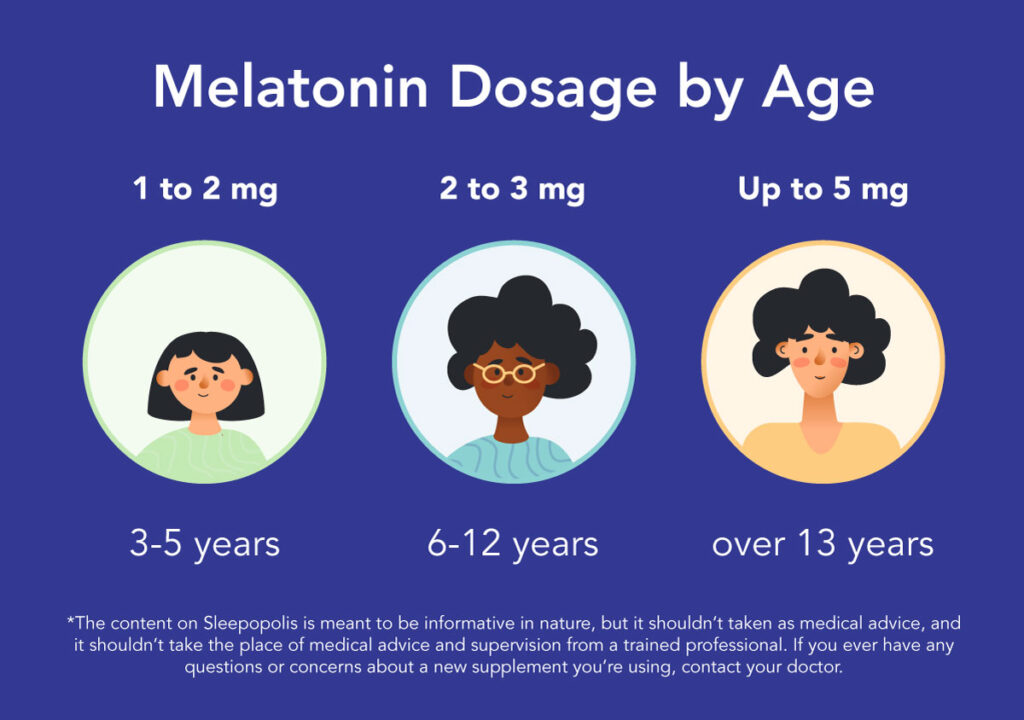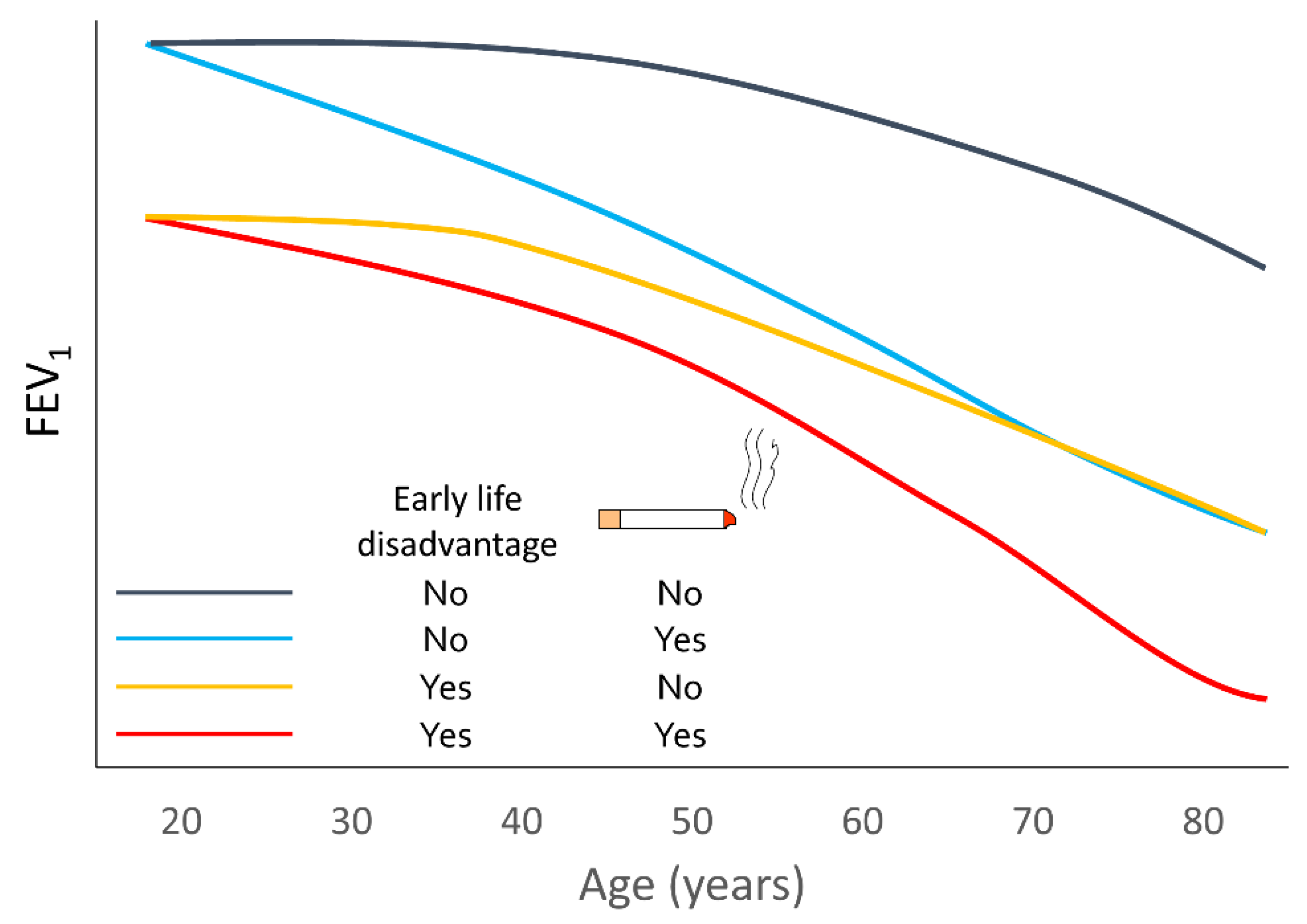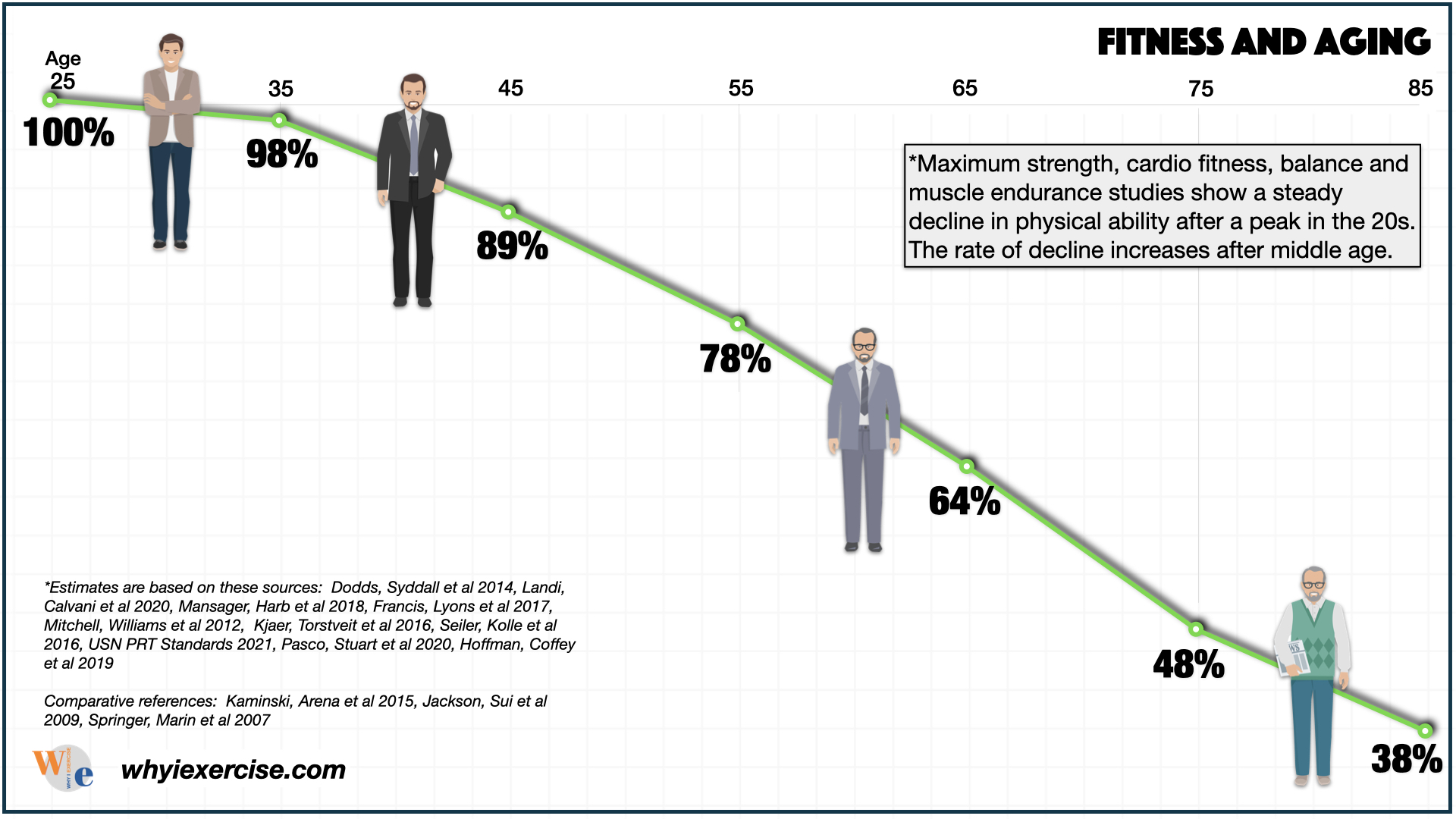Does Lung Capacity Decrease With Age Does age affect lung capacity In most cases yes lung capacity decreases over time Also the respiration rate for elderly adults differs based on living situation and health
All included studies demonstrated decline in lung function forced expiratory volume in 1 s FEV 1 forced vital capacity FVC and peak expiratory flow rate PEFR with The lung matures by age 20 25 years and thereafter aging is associated with progressive decline in lung function The alveolar dead space increases with age affecting
Does Lung Capacity Decrease With Age

Does Lung Capacity Decrease With Age
https://i.ytimg.com/vi/e7mN21ZwEwI/maxresdefault.jpg

Lung Volume Capacities Note Residual Volume 1200ml Nursing
https://i.pinimg.com/originals/14/77/1d/14771d58b43b67dd43344ed09281d1b7.jpg

The Silent Killer Emphysema s Shocking Truth And How To Fight Back
https://cdn.britannica.com/04/100104-050-9C3C04EB/Emphysema-walls-alveoli-oxygen-intake-loss-lungs.jpg
Factors that may affect your lung capacity include Age After age 35 your lung function decreases gradually as you get older according to the ALA As you age changes affect your lung tissue muscles and bones which all impact your breathing The maximum amount of air your lungs can hold your total lung capacity is about six liters That is about three large
Lung function declines with age in normal asymptomatic adults with higher rates of decline in absolute lung function parameters in men compared with women However the relative rates of decline from baseline between men and women Lung capacity changes with age are a regular aspect of aging and can impact respiratory function The following are some significant ways that aging might reduce lung
More picture related to Does Lung Capacity Decrease With Age

Vitalograph Lung Age Care For You
https://weininjiankang.com/wp-content/uploads/2015/10/lung_age_20.jpg

Advanced Collagen Stimulator Pellasiv
https://pellasiv.com/wp-content/uploads/2022/08/TRATAMIENTO-ANTIEDAD-TREATMENT-PRODUCTS-ESPECIALIZED-ADVANCED-COLLAGEN-SIMULATOR.png

Noble Neuro ProMag Noble Center For Health Healing
https://drnoble.com/wp-content/uploads/2023/06/1-1024x1024.png
Which lung capacity decreases with age There are several body changes that happen as you get older that may cause a decline in lung capacity Alveoli can lose their The most important pulmonary physiologic changes associated with aging are decreased pulmonary elasticity decreased chest wall compliance and decreased respiratory
In healthy people age related reductions in lung function seldom lead to symptoms but they can contribute to an older person s reduced ability to do vigorous exercise Current knowledge indicates a role for physical activity to slow down the age related deterioration of pulmonary function and associated aerobic capacity in otherwise healthy individuals These

Figure Standard Lung Volumes And Capacities Standard
https://www.ncbi.nlm.nih.gov/books/NBK541099/bin/Lung__Volumes.jpg

Melatonin Dosage Chart
https://sleepopolis.com/wp-content/uploads/2023/02/Melatonin-Dosage-Chart-1024x720.jpg

https://www.griswoldcare.com › blog › lung …
Does age affect lung capacity In most cases yes lung capacity decreases over time Also the respiration rate for elderly adults differs based on living situation and health

https://bmjopen.bmj.com › content
All included studies demonstrated decline in lung function forced expiratory volume in 1 s FEV 1 forced vital capacity FVC and peak expiratory flow rate PEFR with

Pulmonary Ventilation Volumes

Figure Standard Lung Volumes And Capacities Standard

The Stem Cell Skin Lotion 120ml Jagodo

Skin Hair Nails Formula Vegan Tablets STIVITS

Stages Of Copd Fev1

Gas Exchange Across Respiratory Surfaces Biology II

Gas Exchange Across Respiratory Surfaces Biology II

Understand The Importance Of Forced Vital Capacity Airofit

Aging And Exercise Have We Been Aging Too Quickly

Storm Anesthesia Closing Volume And Spirometry
Does Lung Capacity Decrease With Age - Lung function declines with age in normal asymptomatic adults with higher rates of decline in absolute lung function parameters in men compared with women However the relative rates of decline from baseline between men and women